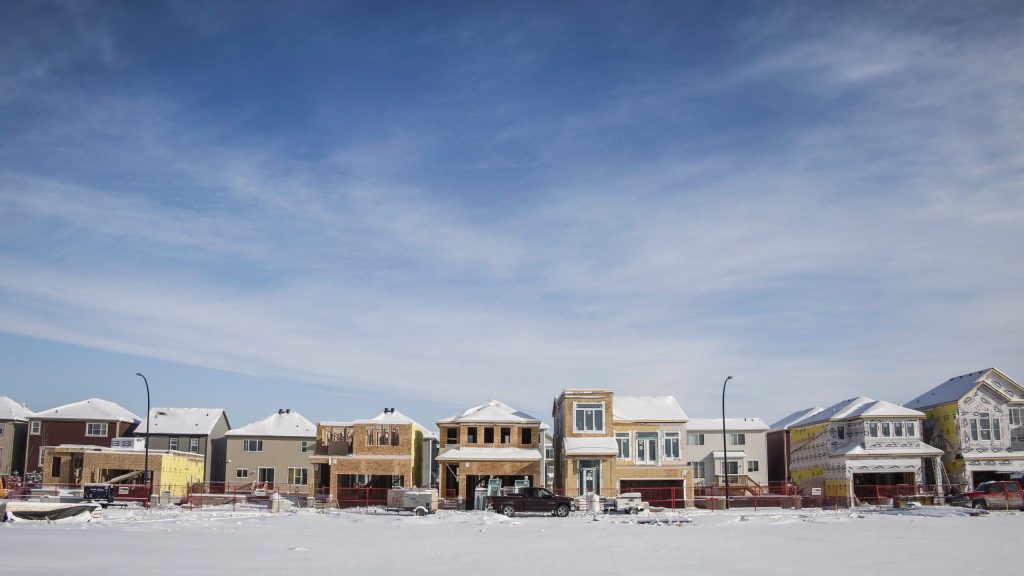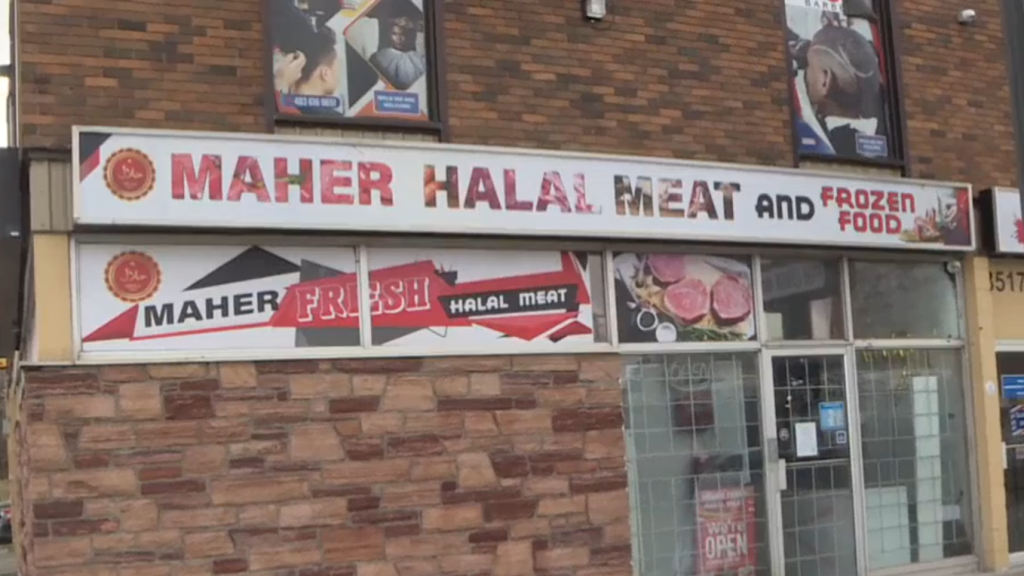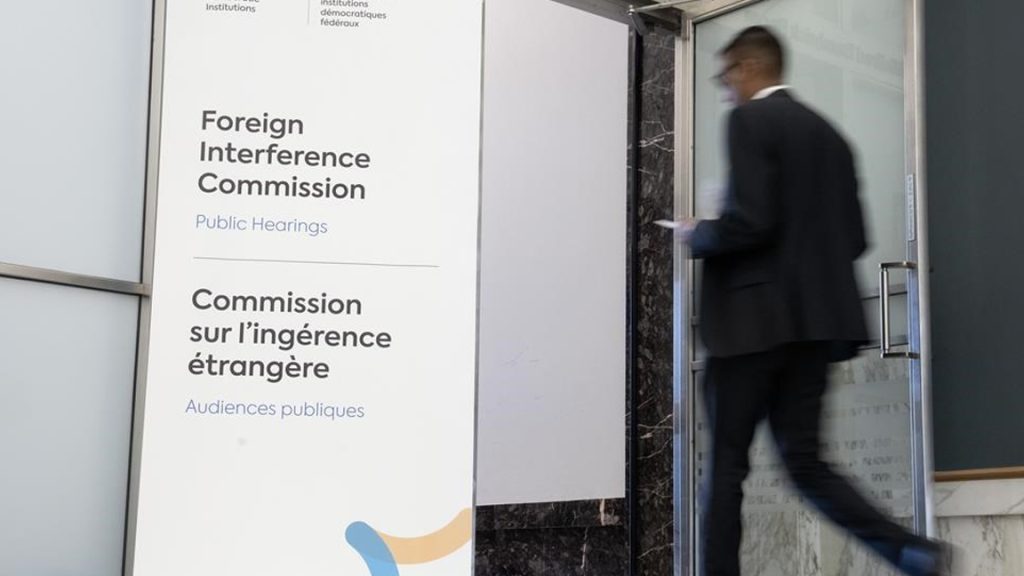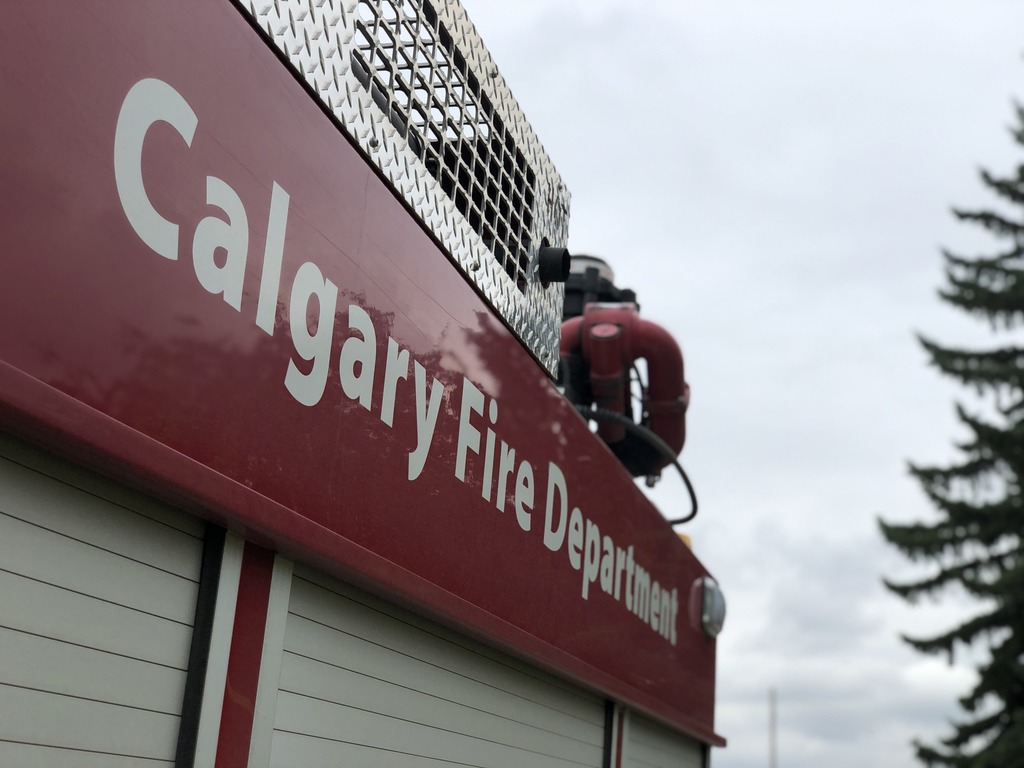‘It always is emotional’: New Calgary planning manager says residents’ voices on zoning should be heard

Posted Apr 21, 2024 12:02 pm.
Last Updated Apr 21, 2024 1:35 pm.
Calgary’s new manager of city planning says the legalities around zoning tend to be the focal point in discussions with residents and council, but he says the execution of a plan, should it go through, is a concern that needs to be addressed.
Tim Keane, general manager of planning and development services, has worked in U.S. cities such as Charleston, South Carolina; Atlanta, Georgia; and most recently in Boise, Idaho.
“I’ve worked for a lot of cities, I know a lot about cities,” he told reporters Friday in his first public appearance since arriving two days before.
He says he was drawn to the urban life and landscape around Calgary, and describes the quality of the city planning as very professional.
“And then the scope of the work … the planning and development services scope is a big one, which really interests me. And so, I’ve always been compelled by cities and stretching myself to places where the place is growing fast,” Keane said.
“Every place I’ve been has been growing like it never had, and where people are super worried about that and every place I’ve been, there’s been lots of contentious issues around development and worry about what’s happening to that place.
“And Calgary seems like that kind of place.”
Blanket zoning contentious issue in Calgary
Calgary’s proposal for blanket rezoning has been a divisive issue, sparking concerns around housing, affordability, gentrification, and devaluing of properties.
A public hearing is set for Monday, with nearly 700 people expected to share their voices. The city says more than 5,500 written submissions have been received as of Thursday afternoon.
The proposal would see the default zoning change to a rowhouse-ground oriented (R-CG) district, which would allow for single, semi-detached, row and townhouses to be built.
There are more than 60 per cent of residential properties zoned for single-family homes only, at this time.
The city and advocates for more housing have said the proposed zoning changes would help with affordability, reducing red tape on private builders when it comes to building homes, and freeing up housing for those who need it.
In his experience, Keane says exclusionary zoning has limited diversity in the housing market.
“In Atlanta’s case, the public money that was being spent on subsidizing housing, for moderate-income people … the public money that was being spent on housing was going to subsidize housing for people that should have been provided housing in the private market,” he said.
“But the zoning was so locked down … there was very little diversity of housing. You basically had apartment buildings that were five or six storeys, you had apartment buildings that were 40 storeys, and you had single-family homes. So there was really a lack of diversity there. The private market really didn’t have the means to serve moderate-income people.”
He said public funds were being spent on people with 80-120 per cent of area median income. This means those in lower income brackets were being neglected and that moderate-income people were taking the housing that lower-income people needed.
“So they end up either without housing, they end up having to drive constantly, to further distances, or they end up homeless at times,” Keane said.
There has been much opposition in the city, including from over 40 community associations who want council to vote against blanket re-zoning, saying it won’t supply more affordable non-market housing options.
But Keane says he has seen it all and never views the issues as “divisive.” Instead, he expects the issues to be personal because they are “legitimate ideas and concerns about how the place changes.”
“I’m so used to people being legitimately concerned about these things, whatever these things are, whether it’s traffic and transportation, whether it’s density, whether it’s zoning related, or it runs the gamut,” Keane said.
“In my experience, gentrification has been a huge issue everywhere I’ve been. Issues around race and equity, and this kind of stuff, and it always is emotional.”
He adds there isn’t politics involved either.
“It’s people with real concerns about their neighbourhood and their property and all this kind of stuff,” he said.
Calgary mayor meets with community organizations
Meanwhile, Mayor Jyoti Gondek says she met with community organization representatives Saturday to hear their concerns about the proposed zoning changes.
“It was a great two-way dialogue. And there was a common bond in the fact that we recognize that we need more housing in our city and that we want to build stronger, more neighbourly communities,” Gondek said in an Instagram post.
“At the same time, representatives of these community associations talked about some of their concerns and what they’ve been hearing from some of their residents. And so it is my intention to make sure that their perspectives are shared with members of administration, as well as my council colleagues as we head into next week’s public hearing.”
In a statement, she says decisions are made better when open dialogue takes place, and that conversation can be used to “navigate complex issues.”
“As a city, we have been communicating in planning language instead of in plain language. Today’s discussion was a welcomed change,” Gondek said.
Representatives of 42 community associations, along with a representative from the Federation of Calgary Communities, met with the mayor for around 90 minutes.
No other city officials were in attendance with Gondek.
The mayor has said the proposed land-use bylaw amendment is not a prerequisite to receiving $228 million in federal funding for affordable housing.
CityNews has contacted the Lakeview Community Association for comment.
Changes ‘wouldn’t happen overnight‘
Keane says there is a universal concern he has heard in this process, which includes property value and uncertainty with change.
“That’s understandable,” he said. “We need to be honest about that, we have to help people with that.”
“It’s really the same conversation everywhere. And I think the thing that I’ve helped the most when it comes to communities, is just around this: Let’s be honest with each other, that we all have a stake in this. And all of our opinions are legitimate. And we have to work through all of those opinions, and we have to help people no matter where they are.”
He says implementation — if the proposal passes — should be mindful and considerate of people’s concerns, something he has overseen in Boise.
“To me, it’s always like, OK, all of this is legitimate,” he said.
“How do we make this work such that people feel, even if they don’t agree with the final decision … that we have responded to their concerns in ways that they … find to be meaningful?”
Watch: Calgary’s rezoning public hearing may stretch longer than five days
It’s important for the city to meet people where they are, Keane says, adding residents would and should have a say in development, noting rezoning wouldn’t upend their lives and neighbourhoods.
He also says changes wouldn’t happen overnight.
“I understand and this is common among cities, and people that care about their neighbourhoods, it’s hard for people to see that this will be incremental change,” Keane said.
“It will not be rapid redevelopment in every case. No matter where you are, as big up as that market might be, you will see it will happen slowly over time.”
The 12-hour hearing kicks off at 9:30 a.m. Monday. It is expected to run beyond five days.
Council will vote to determine the start times for the following days, but the city says the hearing will still end at 9:30 p.m. each day.
With files from Tiffany Goodwein










